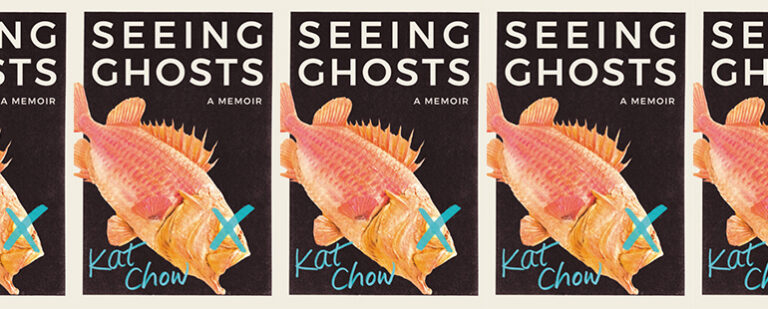Attention Span Training for Book Lovers

The internet giveth and it taketh away. What it gives readers is legion, including extensive information about dead and living authors, a wealth of recommendations for further reading, and online communities where book lovers can make the solitary experience of reading seem a little more communal. What the internet contributes to taking away, however, is the ability to concentrate.
Like many people who’ve come of age in the internet era, I have an attention span problem. It’s been estimated that the average attention span is now all of eight seconds, down from twelve seconds in 2008 (although there’s some debate over this statistic).
A major problem is that the sheer abundance of text, both what’s on the internet and what we know about due to the internet, is overwhelming. The old saying “too many books, too little time” has never felt more apt.
It’s a good problem, but one that can make us race through one book in our eagerness to reach for the next. This exacerbates a tendency influenced by reading material online: to skim, skip, and flick through. Repetition and association are cornerstones of memory, but it can be hard to draw links and go over the same themes if we’re essentially chain-smoking books. For some people, reading more really does mean absorbing less.
So those people could focus more by reading less. It’s impossible to get to all of the articles or books on an average reading bucket list, so we could be more realistic—and less demanding on ourselves—by just cutting down. A novel before bedtime could be replaced with a short story. Four novels to read in a month could be whittled down to one.
It’s uniquely modern, this veneration of cramming as much information as possible into a limited window of time. It’s also not helpful. Forgetting more and absorbing less is a classic fallacy of the quantity over quality school.
So, rather than treating reading as a rush to a finish line, we could see it as more of a jaunt. This could involve re-reading parts of books you like, staring into space while thinking about an idea or scene rather than moving straight to the next, or returning to grade school days by taking the time to memorize a passage. Or it could mean treating a reading session as something special, even if it’s something you indulge in often. Savoring something rather than wolfing it down . . . it’s something I rarely do, but as with a lovingly prepared meal, it makes you appreciate the item more.
Another suggestion for people who want to engage more deeply (and less distractedly) with a text is to treat a novel like something you’re studying. Taking notes, highlighting significant passages, and jotting down memorable quotes all lend focus to the act of reading. So does reviewing the book, whether for Goodreads or your own blog.
This could involve becoming a book club of one: formulating your own questions about themes and character motivations, and trying to answer them yourself. Sure, you’ll feel foolish and possibly a bit pretentious at first, but playing question-and-answer helps you go to the core of what interests you about a book.
Reading out loud is another way to focus and really appreciate the construction of a text. Like the other suggestions above, this is basically the opposite of recommended practice for speed readers. In the speed-reading community, subvocalizing (silent speech) is something to stamp out. Yet subvocalizing helps with information retention and reading comprehension. Reading aloud takes the benefits one step further.
Of course, people’s reading habits and mental processes vary so much that when it comes to recommendations, one size does not fit all. And plenty of people are in circumstances (an upcoming exam, say, or a reference-based job) that requires the processing of huge amounts of information. But rapid “processing” and enjoyment of books generally don’t go hand-in-hand.
In any case, novel lovers are already ahead of the curve when it comes to the capacity for sustained attention. Bringing this kind of attention to the rest of life . . . well, that’s the battle.


